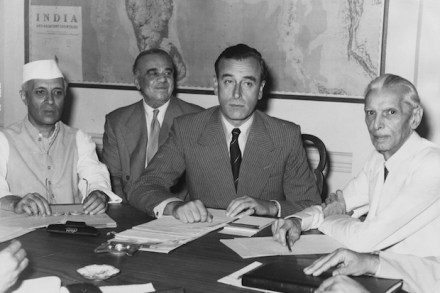Germaine Greer’s mad, passionate quest to heal Australia
Like an old woman in a fairy story, Germaine Greer, now in her late seventies, has taken to lurking in a forest. Always inclined to reinterpret the world through her own changing needs and perceptions, and to instruct the rest of us accordingly, she has now written a book of passionate didactic energy about her



















